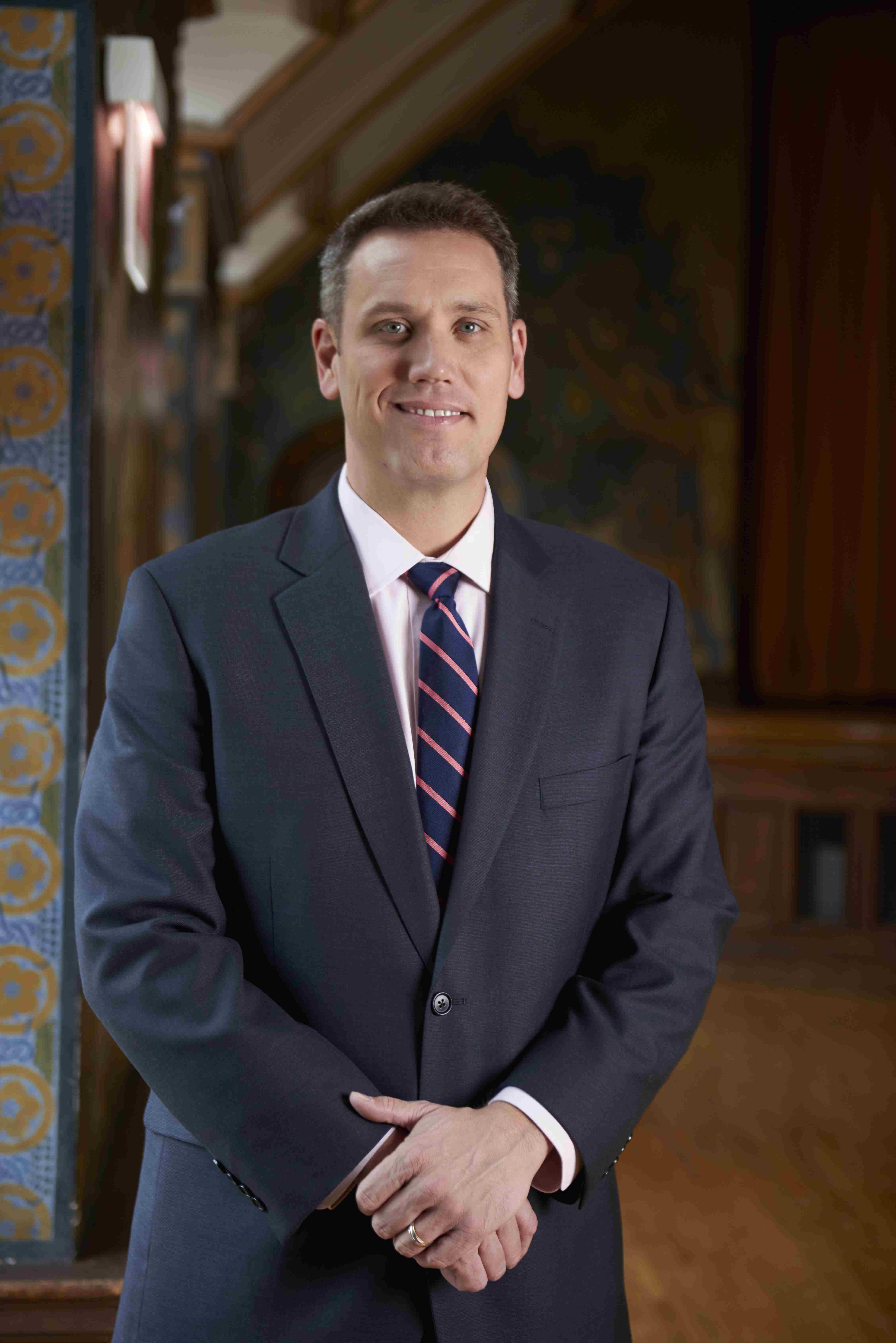Department of Sociology & Criminology
211 Old Main,
University of Arkansas
Fayetteville, AR 72701
P 479-575-3205
E-mail: nkarnes@uark.edu
 Eric M. Heath
Eric M. Heath
BA and MA in Sociology | 2008 | Associate Vice President for the University of Chicago’s Department of Safety and Security
Biography:
Eric M. Heath serves as the Associate Vice President for the University of Chicago’s Department of Safety and Security. In this role, Eric oversees a multi-faceted public safety agency that includes the University’s Police Department (an accredited law enforcement agency), Environmental Health and Safety, Transportation and Parking, Emergency Management and several other public safety units. Prior to returning to the University of Chicago, Eric was the Assistant Vice President for Public Safety and Chief of Police for George Mason University’ Department of Police and Public Safety.
Eric is actively involved in the advancement of Campus Public Safety and works extensively with the International Association of Campus Law Enforcement Administrators (IACLEA). Most notably, Eric serves on the Board of Directors for IACLEA as the current Vice President for Finance. As a Board of Director and the previous Co-Chair of IACLEA’s Government Relations Committee, Eric has represented IACLEA on numerous public safety initiatives in Washington D.C. For his work with the association, Eric was awarded with the 2015 IACLEA President’s Award.
Eric is a graduate of the University of Arkansas with a Bachelor and Master of Arts degrees in Sociology and has attended the Northwestern University School of Police Staff and Command. A Veteran who has served overseas in the Middle East, Eric has served in a public safety leadership capacity at several prominent institutions including the University of Arkansas, Vanderbilt University, and George Mason University.
Why did you choose to purse an MA in Sociology at the UofA?
I chose to purse an MA in the program largely because I had received my BA in the program and I was committed to furthering my understanding of Sociology in a more in-depth way. I was already in law enforcement at the time and I knew that while so many law enforcement professionals had educational backgrounds in criminological theory, I believed that it was better for me to understand the social impact of policing and how having a better understanding of the communities you serve can result in trust and collaboration in efforts to solve crime.
What did you do upon graduating from the MA in Sociology program?
At the time of my graduation, I had been with the University of Arkansas Police Department for 8 years and was a Sergeant over patrol. At the encouragement of Larry Slammons, who had just recently retired as the Director of UAPD at the time, I decided to leave UAPD to work for the Vanderbilt University Police Department as a Lieutenant knowing that it would allow me to gain experience with an urban institution that also provided police services to a major medical center. Director Slammons was a true mentor to me and his advice to explore other opportunities turned out to be the best career move I have ever made.
What is your greatest professional accomplishment?
I am really proud of the work we have done at the University of Chicago. When I was first hired in 2010 as a Deputy Chief of Police, the Department of Safety and Security was a new entity and the police department was going through major reform. I was asked to write new policy, implement new training, recruitment and hiring practices as well as enhance the Department’s accountability measures. Fast forward 8 years, and we have professionally accredited and well-respected law enforcement agency, a talented and diverse leadership team directing the other public safety functions and, in my opinion, the best campus public safety agency in the country.
How did your education in the MA Sociology Program prepare you for what you are doing today?
I think the most important thing I have learned from the program is to always look at things from different perspectives. Whether that was in making policy decisions, developing new patrol strategies, and/or enhancing our community engagement efforts, my education has helped me to understand and think about the impact our decisions might have, both positively and negatively, when providing public safety services. Our department provides services not only to a world-renowned university, but also a vibrant and diverse surrounding urban community and with that comes a responsibility to understand the surrounding cultures, communities and the intersectional challenges those communities face.
What advice would you give current students or recent graduates interested in pursuing a career in your field?
Law enforcement and/or public safety in general has experienced a significant shift in the last few years. It is a very rewarding career but one that is constantly changing, growing and often critiqued. This a good thing and my advice for anyone getting in public safety is to always try and make it better. We are public servants and too often that is forgotten and so we have a responsibility to ensure we are seen as a part of the community and not outside of it.